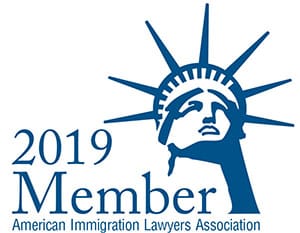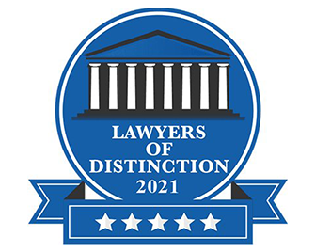A will is an important estate planning tool. It can also be a complicating factor during the probate process if the decedent did not follow the requirements for its proper execution. Requires residence too follow specific rules when they draft and execute there wills.
This post will discuss some of the basic requirements that individuals must meet for their wills to be considered valid. It will also introduce readers to some of the most common challenges that wills face when they are entered into probate. The information contained in this post may be reviewed by readers, but it should not be used as legal advice. Questions about the validity of wills and the probate process should be directed to trusted estate planning and administration attorneys.
Basic requirements of valid wills
Will requirements in Maryland are similar to those in other jurisdictions. Only adults may draft wills, and those who do choose to draft wills must be competent to do so. If a person lacks the capacity to understand their will or what it will do upon their death, they may not be able to legally execute a will.
Wills must be written, and they must be attested to by witnesses. Maryland requires that two witnesses sign a person’s will for it to be valid. Other requirements may attach to the will drafting and execution process, and estate planning attorneys can assist with these matters.
Common challenges to probated wills
When an individual dies, their will is entered into probate. In probate, the court looks at whether the will is valid and how it should be used to distribute the decedents wealth and assets. From time to time, wills are challenged as invalid by family members and others with interests in the outcome of the wills’ fulfillment.
One common challenge to the validity of wills is testamentary capacity. As discussed above, if a person is not competent to execute a will, they cannot have a valid will. Evidence may be introduced to show that the will’s creator did not have the capacity to execute a valid will.
Similarly, if evidence can be shown that the will’s creator made their testamentary document under duress or due to coercion, their will may be deemed invalid. Other challenges to the validity of wills can include but are not limited to:
- Technical deficiencies, such as insufficient witnesses;
- Evidence of forgery; and
- Existence of a second executed will.
A will challenge can be difficult for a family. It can extend the amount of time that a will is in probate. When complications arise, individuals can seek the counsel of trusted attorneys to help them with their estate and probate matters.





